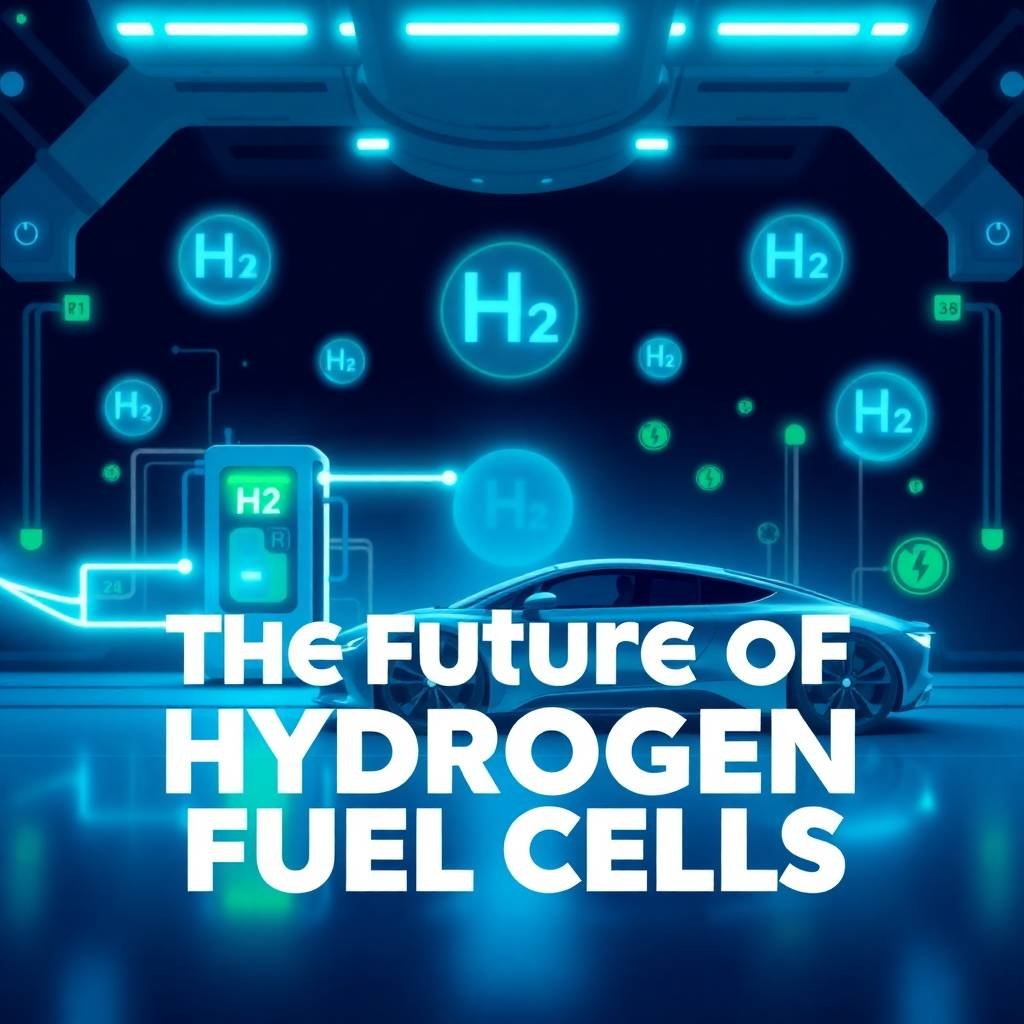As the world seeks sustainable energy solutions to combat climate change, hydrogen fuel cells have emerged as a promising technology. By converting hydrogen into electricity with only water as a byproduct, these cells offer a clean and efficient energy source for various applications. From powering vehicles to providing decentralized energy, hydrogen fuel cells are poised to play a significant role in the transition to a green energy future.
Understanding Hydrogen Fuel Cells
What are Hydrogen Fuel Cells?
Hydrogen fuel cells are electrochemical devices that convert the chemical energy of hydrogen into electricity. They operate similarly to batteries but can continuously produce electricity as long as hydrogen fuel is supplied.
How Hydrogen Fuel Cells Work
In a hydrogen fuel cell, hydrogen gas enters the cell and is split into electrons and protons. The electrons flow through an external circuit, generating electricity, while the protons move through a membrane to combine with oxygen on the other side, producing water and heat as byproducts. This process results in a clean and efficient energy output with zero emissions.
Understanding the basics of hydrogen fuel cells highlights their potential to contribute to a sustainable energy future by providing a clean and efficient power source for a variety of applications.
Applications of Hydrogen Fuel Cells
Transportation
Hydrogen fuel cells are increasingly used in the transportation sector to power vehicles like cars, buses, and trains. They offer a clean alternative to fossil fuels, providing efficient and zero-emission solutions for public and private transportation.
Industrial Applications
In industries, hydrogen fuel cells are utilized for backup power systems, material handling equipment such as forklifts, and reducing emissions in manufacturing processes. Their ability to provide reliable and efficient energy makes them ideal for industrial settings.
Residential and Commercial Energy
Hydrogen fuel cells can be employed in residential and commercial settings to provide decentralized power generation. This ensures energy independence and sustainability, as they offer a reliable and clean energy source for homes and businesses.
Benefits of Hydrogen Fuel Cells
Environmental Impact
Hydrogen fuel cells produce zero emissions, with water being the only byproduct. This contributes to cleaner air and helps reduce greenhouse gases, making hydrogen fuel cells an environmentally friendly energy solution.
Energy Efficiency
Hydrogen fuel cells offer high efficiency compared to traditional combustion engines, with quick refueling times that enhance their appeal, especially in the transportation sector. This increased efficiency contributes to reduced energy consumption and operational costs.
Challenges and Considerations
Infrastructure Development
One of the significant challenges facing hydrogen fuel cells is the lack of refueling infrastructure. Expanding the network of hydrogen refueling stations is crucial for the widespread adoption of hydrogen-powered vehicles and other applications.
Cost and Production
Producing hydrogen fuel in a cost-effective and sustainable manner remains a hurdle. Current methods can be expensive and energy-intensive, necessitating advancements in production technologies to make hydrogen fuel cells economically viable at scale.
Future Trends in Hydrogen Fuel Cells
Technological Advancements
Continued innovation in hydrogen fuel cell technology is expected to improve efficiency and reduce costs. Advancements in production methods, such as electrolysis using renewable energy sources, are promising developments that could make hydrogen fuel cells more accessible and sustainable.
Government Policies and Investments
Governments worldwide are recognizing the potential of hydrogen fuel cells and are investing in research, development, and infrastructure. Policies supporting clean energy initiatives and funding for hydrogen projects are driving the growth and adoption of this technology.
Conclusion
Hydrogen fuel cells represent a pivotal technology in the pursuit of sustainable energy solutions. With their ability to produce clean energy and reduce emissions, they hold immense potential across various applications, from transportation to industrial and residential use. While challenges such as infrastructure and production costs remain, ongoing technological advancements and supportive government policies are paving the way for broader adoption. As we continue to innovate and invest in hydrogen fuel cells, they promise to play a crucial role in shaping a greener, more sustainable energy future.

